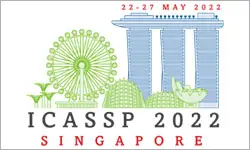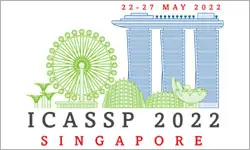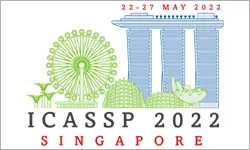Joint Source-Channel Coding for Semantics-Aware Grant-Free Radio Access in IoT Fog Networks
Johannes Dommel, Zoran Utkovski, Slawomir Stanczak, Osvaldo Simeone
-
Members: FreeSPS
IEEE Members: $11.00
Non-members: $15.00Length: 00:03:51
11 May 2022
A fog-radio access network (F-RAN) architecture is studied for an Internet-of-Things (IoT) system in which wireless sensors monitor a number of multi-valued events and transmit in the uplink using grant-free random access to multiple edge nodes (ENs). Each EN is connected to a central processor (CP) via a finite capacity fronthaul link. In contrast to conventional information agnostic protocols based on separate source-channel (SSC) coding, where each device uses a separate codebook, this paper considers an information-centric approach based on joint source-channel (JSC) coding via a non-orthogonal generalization of type-based multiple access (TBMA). By leveraging the semantics of the observed signals, all sensors measuring the same event share the same codebook (with non-orthogonal codewords), and all such sensors making the same local estimate of the event transmit the same codeword. The FRAN architecture directly detects the events? values without first performing individual decoding for each device. Cloud and edge detection schemes based on Bayesian message passing are designed and trade-offs between cloud and edge processing are assessed.



